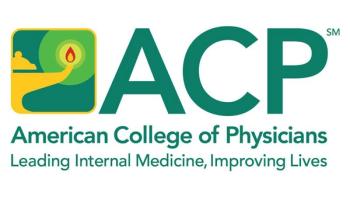
Therini Bio raises $39 million in a Series A extension financing
Financing will fund phase 1b trials evaluating its lead candidate, THN391, for the treatment of Alzheimer’s Disease and diabetic macular edema (DME).
Therini Bio has announced the company has raised $39 million in a Series A extension financing, increasing the company’s Series A total to $75 million.
The financing includes new investors Angelini Ventures and Apollo Health Ventures, in addition to existing investors SV Health Investors’ Biotech Fund and Dementia Discovery Fund, MRL Ventures Fund, Sanofi Ventures, Eli Lilly and Company, Dolby Family Ventures, and Foundation for a Better World.
According to the company, the financing will fund phase 1b trials evaluating its lead candidate, THN391, for the treatment of Alzheimer’s Disease and
THN391 is a potential first-in-class, high-affinity humanized monoclonal antibody designed to selectively block fibrin-mediated neuroinflammation without affecting coagulation pathways. It has been shown to prevent vascular and neuronal degeneration in preclinical studies of Alzheimer’s Disease and retinal diseases, according to the company.
Additionally, the company noted in a recent phase 1a trial that THN391 was well-tolerated in healthy volunteers, showed no adverse hematological effects or impact on coagulation and fibrinolysis, lacked an anti-drug antibody response, and had dose-proportional pharmacokinetics with a half-life supporting monthly dosing.
Tara Nickerson, PhD, CEO of Therini Bio commented on the financing in a press release from the company.
“We are deeply grateful to partner with such a distinguished investor group, both new and old. Their support enables us to significantly advance our shared vision of delivering patients a rational, innovative approach to potentially treat their debilitating conditions, including Alzheimer’s disease and diabetic macular edema. We look forward to advancing the Phase 1b trials to demonstrate the potential benefit of this novel mechanism in patients,” said Nickerson.
The company is preparing to begin dosing patients in phase 1b trials evaluating THN391 in AD and DME.
References:
Therini Bio raises additional $39M Series A financing to advance clinical development of neurodegenerative disease pipeline. Published May 14, 2025. Accessed May 19, 2025.
https://www.nicox.com/wp-content/uploads/EN_WhistlerResultsMay2025_PR_FINAL.pdf
Newsletter
Keep your retina practice on the forefront—subscribe for expert analysis and emerging trends in retinal disease management.




























